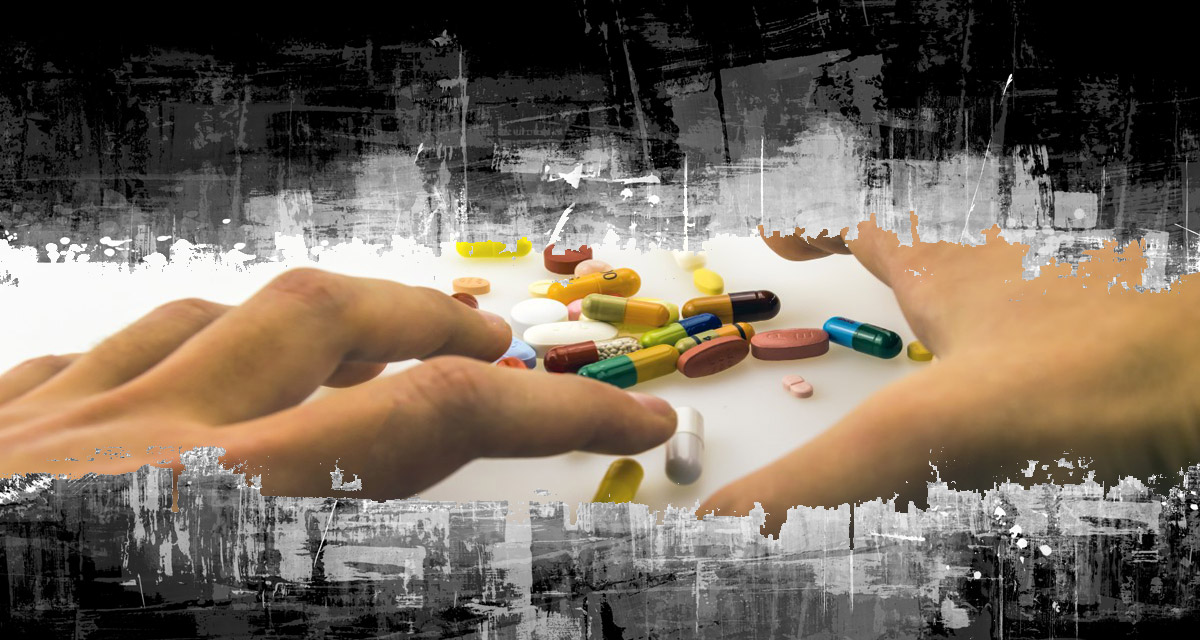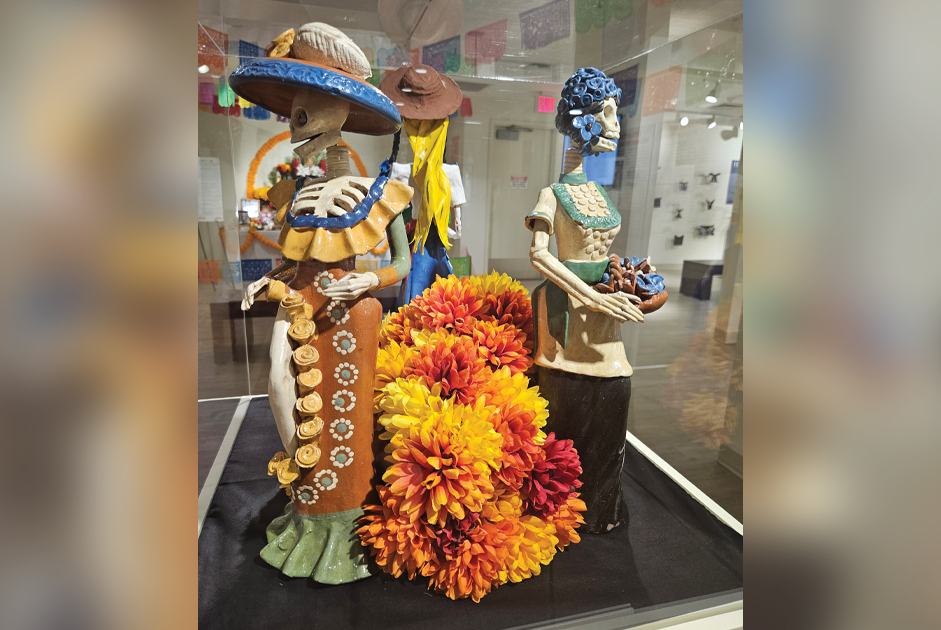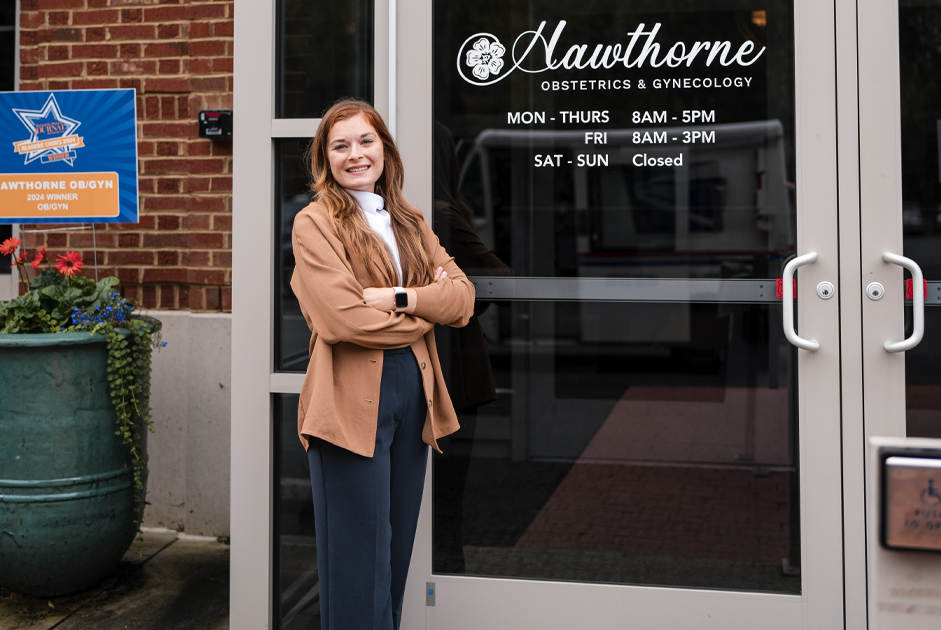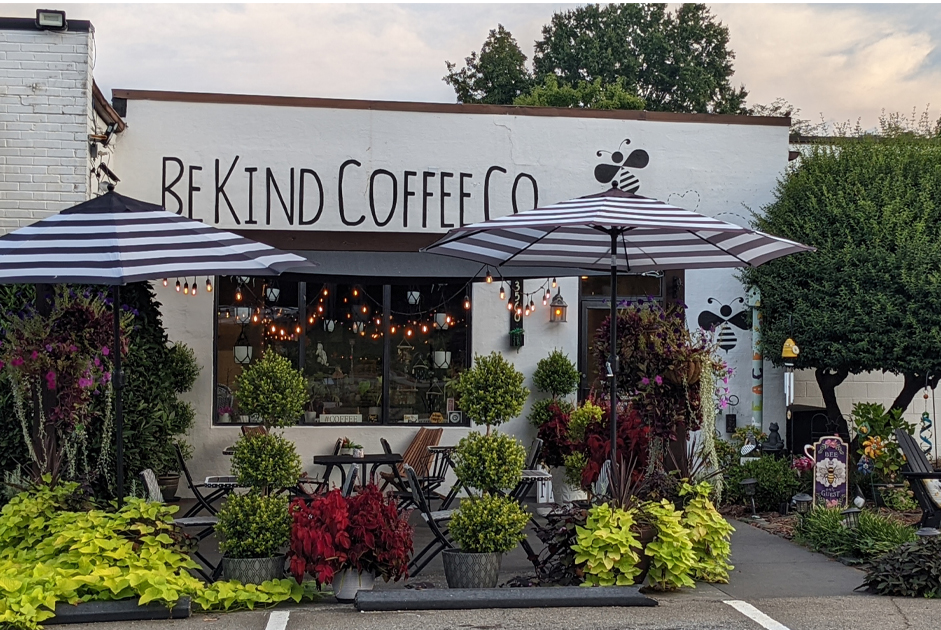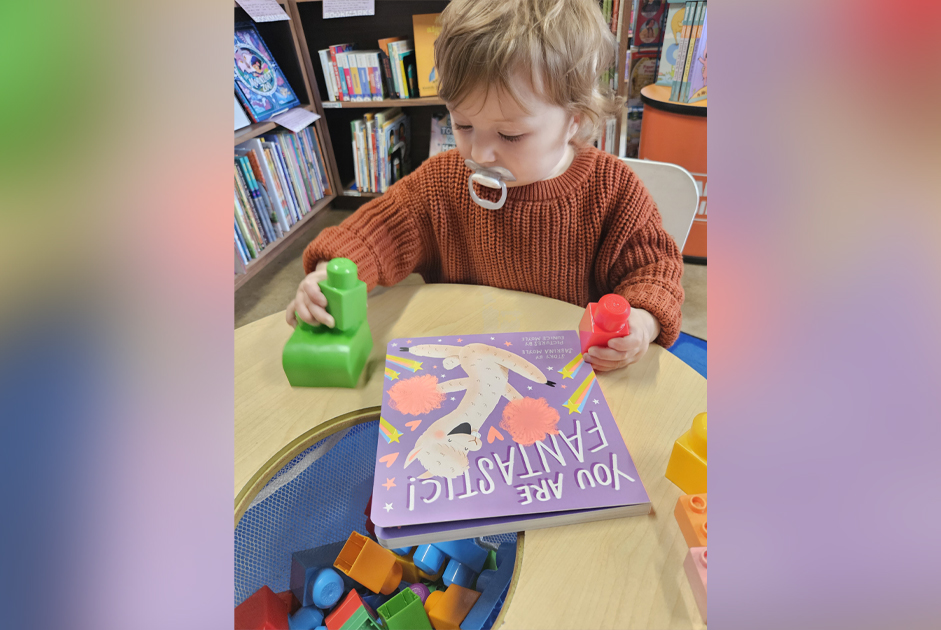For individuals struggling with drug addiction, overdose is an ever-present danger. Often they do not intend to overdose on their drug of choice. An overdose may happen accidentally for many reasons, such as taking a regular dosage after tolerance has lowered, taking a stronger dose than the body is accustomed to, or combining substances of abuse. While some people do overdose intentionally, the majority of overdoses are unintentional.
Overdoses, sometimes referred to as “preventable drug-related poisoning deaths,” are at an all-time high and increasing rapidly. In 2016, 54,793 people died from preventable drug overdoses, which is an increase of 391% since 1999. Accidental drug overdose deaths increased 327% over the same period. With the increase of the use of opioids today and the epidemic of heroin use that is in many of our communities, knowing the signs of drug overdose is even more important if you have a loved one or a friend who is battling the demons of addiction.
Whether you are a parent or a friend of someone at risk for overdose, don’t kid yourself, an overdose is best handled by erring on the side of safety. With the “Good Samaritan Law,” the person who suffered the overdose, as well as those who call 911 to report the emergency, are free of legal prosecution. You have no reason not to report it, and that action on your part may save a life.
Depending on what drug a person has taken, symptoms of an overdose vary. It’s not always easy to recognize overdose symptoms when someone has used too much of an opioid drug, because the drug’s effects often mimic those similar to those of an overdose. People may not realize they are experiencing an overdose, especially if they are heavily under the influence of a particular drug. Some of the symptoms of overdose include severe chest pain, seizure, headache, difficulty breathing and either delirium, extreme agitation, or anxiety. In addition to these symptoms, others may include increased or decreased body temperature, a clammy, sweaty feel to the skin, passing out, vomiting and a fast or slow pulse.
Oftentimes, it is difficult for individuals to know exactly how much of a drug they are injecting, snorting, smoking or ingesting. Today’s drugs associated with overdoses include over-the-counter medications like liquid cough medicines, as well as medications containing pseudoephedrine, used to make meth. Overdoses are also caused by opioids and synthetically produced, and often referred to, as “designer drugs,” like Ecstasy, amphetamines, ketamine, and rohypnol (the “date rape” drug). If a person injects a substance into their veins, like heroin, the effects of the drug are more intense and take action much more quickly than if the drug were swallowed. Users of drugs have a sense that there is safety in numbers, so if something goes wrong while using a specific drug, having others around increases the probability that the results won’t be deadly…there’s someone to help. Sadly, that’s not always the case.
If you are with a friend or loved one experiencing any of the symptoms of an overdose, do not wait or try to bring the person back around with “walking it off” or “waiting to see what happens.” Call 911 immediately and do not leave the person alone; remain with them until medical help arrives. If the person has passed out, place them on their side, just in case they vomit. Do not let the person eat or drink anything, and if there is anyone present who knows what substance was taken, that information should be reported to the emergency responders, so appropriate treatment can be administered.
Under the Good Samaritan laws, if people realize that someone is experiencing an overdose, they should call 911 right away and report the incident. Once they do so, and medical assistance is given to the person in need, they are given limited protection from prosecution for possession of drugs and/or alcohol. North Carolina is one of 32 states that has a Good Samaritan law. This protection is intended to reduce bystanders’ hesitation to assist, for fear of being prosecuted for unintentional injury or wrongful death.
Most people who overdose have a history of substance abuse or addiction. However, death can occur from one-time experimentation. Be aware of loved ones and friends who you know are struggling with addiction and be aware of the signs of an overdose. Saving a life and helping get someone treatment and on the road to recovery can change a bad decision into a healthier life and good choices for the future.

